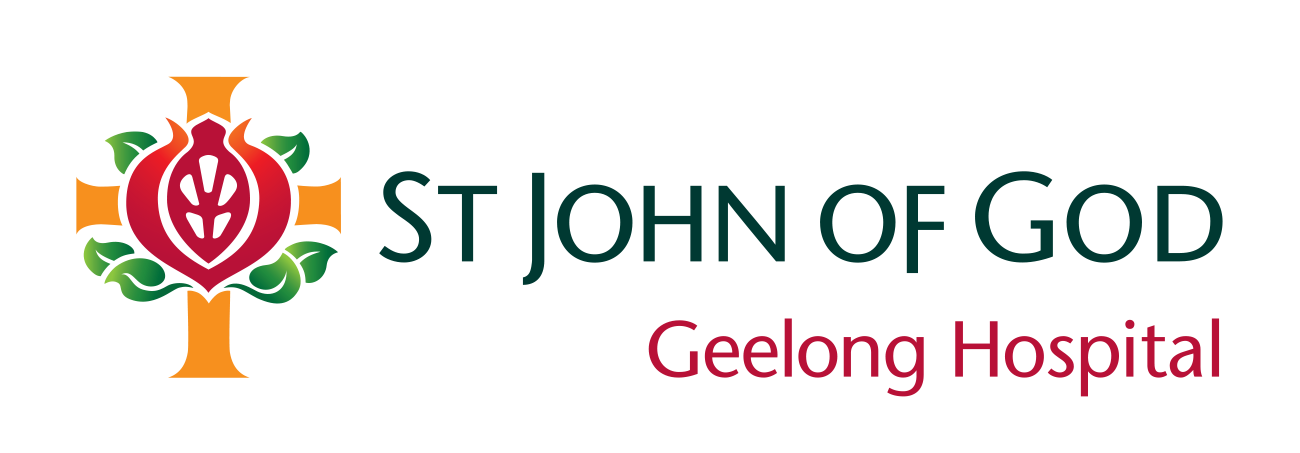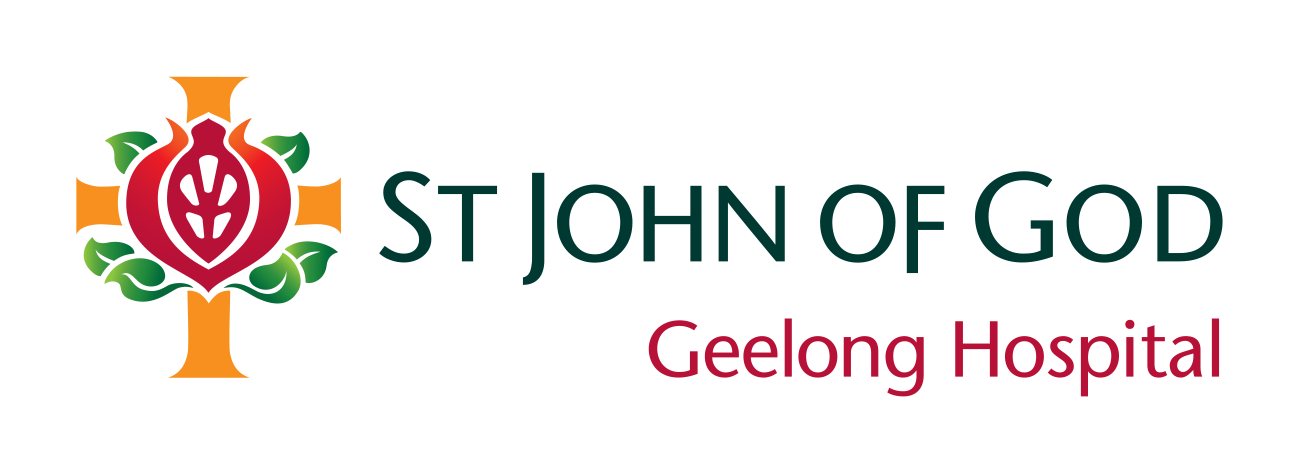- Our services
- Medical and surgical
- Bariatric surgery
Bariatric surgery

Obesity is a chronic disease that can be overcome. It is no longer considered just a cosmetic issue caused by a lack of self-discipline.
Making the decision to have bariatric surgery may not be easy, following a long weight management battle, but we work closely with you to tailor a program to help you reach your weight loss goals.
Benefits of bariatric surgery
Some benefits of bariatric surgery may include:
- significant and sustained weight loss
- increased energy
- reduced blood pressure
- reduced risk of diabetes, heart attack, stroke and other obesity-related conditions
- better overall health and wellbeing.
These benefits depend on your circumstances and require you to fully participate in before and after care management. You should consult a specialist in this area before deciding whether surgery is suitable for you.
Am I candidate for bariatric surgery?
Bariatric surgery, also known as weight loss surgery, can help you lose weight and may help reduce associated chronic conditions.
This surgery may be suggested if you are overweight or obese. This is based on your body mass index (BMI):
- if your BMI is between 25 and 30 you are overweight
- if your BMI is above 30, you have obesity
- if your BMI is 35, you have severe obesity.
You can calculate your BMI online to help you understand your weight.
Research shows that obesity is not solely determined by behaviour which is why lifestyle changes such as diet and exercise on their own may not reduce your weight.
As there are a number of criteria that determines whether bariatric surgery is suitable for you, we recommend you speak to your GP who can refer you to our qualified bariatric surgeons to speak about your needs.
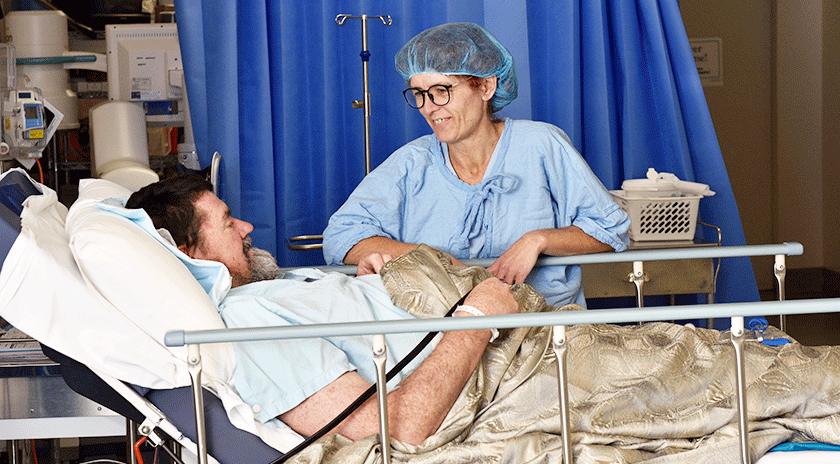
Bariatric surgery procedures
There are many surgery options for weight loss. Generally, surgery works by reducing the portion sizes you can eat, controlling hunger and may have additional hormonal and metabolic effects that promote weight loss.
Your surgeon will discuss the best surgical option for you, based on your medical history, medications and other relevant factors.
Losing weight and keeping it off is not easy and requires planning and commitment to make life changes including healthy eating and regular exercise.
Our expert surgical teams use the latest minimally invasive techniques in weight loss surgery to help you recover faster and with less pain compared to open surgery. In most cases, your hospital stay will range between one and four days depending on the procedure.
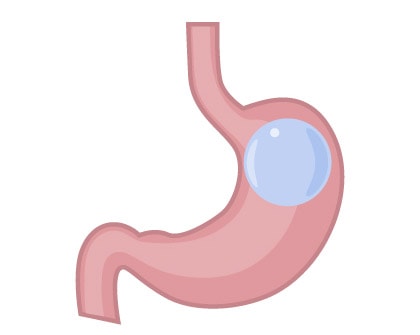 A gastric balloon is an inflatable device placed in the stomach using endoscopy for to six or 12 months. The balloon limits the amount of food the stomach can hold, creating a feeling of fullness and resulting in weight loss.
A gastric balloon is an inflatable device placed in the stomach using endoscopy for to six or 12 months. The balloon limits the amount of food the stomach can hold, creating a feeling of fullness and resulting in weight loss.
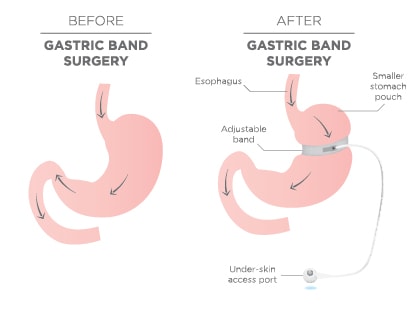 Gastric banding, commonly known as a lap-band, involves the placement of an adjustable silicone belt around the top portion of the stomach. This reduces stomach capacity which slows the passage of food to the intestine, signalling a sensation of fullness after consuming less food.
Gastric banding, commonly known as a lap-band, involves the placement of an adjustable silicone belt around the top portion of the stomach. This reduces stomach capacity which slows the passage of food to the intestine, signalling a sensation of fullness after consuming less food.
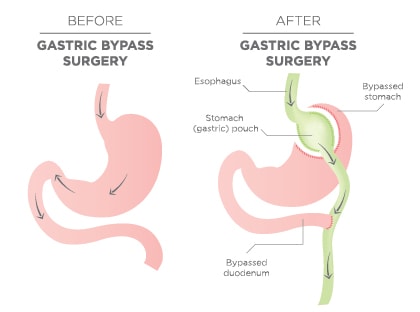 There are many different types of gastric bypass. The stomach is usually divided into two sections with food only going into the smaller section. The small bowel is often also divided and rejoined so that food bypasses the larger section of stomach and the first part of the duodenum where digestion starts. This procedure may have particular advantages if you have type 2 diabetes or gastric reflux.
There are many different types of gastric bypass. The stomach is usually divided into two sections with food only going into the smaller section. The small bowel is often also divided and rejoined so that food bypasses the larger section of stomach and the first part of the duodenum where digestion starts. This procedure may have particular advantages if you have type 2 diabetes or gastric reflux.
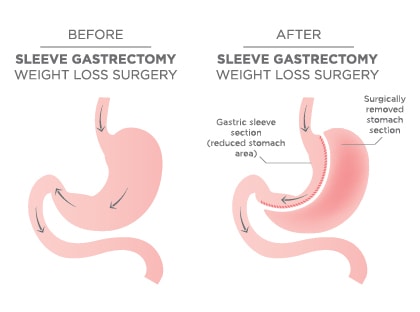 This procedure reduces the size of the stomach by surgically removing about two thirds of the outer part of the stomach. This leaves a long, narrow tube or sleeve which means you will feel full after consuming much less food. Removing most of the upper stomach (fundus) also decreases levels of the hunger hormone ghrelin. This is the most common weight loss procedure performed in Australia.
This procedure reduces the size of the stomach by surgically removing about two thirds of the outer part of the stomach. This leaves a long, narrow tube or sleeve which means you will feel full after consuming much less food. Removing most of the upper stomach (fundus) also decreases levels of the hunger hormone ghrelin. This is the most common weight loss procedure performed in Australia.
Our expert care
Our doctors and nurses provide exceptional care to ensure you are offered the best surgery to meet your needs and care for you during your hospital stay.
Our physiotherapists, dietitians, psychologists and other allied health professionals are on hand from the moment your surgery is complete to help you recover and help you reach your weight loss goals.
Our care continues once you have left hospital to provide the ongoing support you need to maintain a healthy weight.
Our facilities
Our facilities at St John of God Geelong Hospital give you access to the best post-surgery care to help ensure your bariatric surgery is a success and you are able to maintain a healthy weight.
This includes:
- fully-equipped gym
- access to physiotherapists, dietitians, psychologists
- hydrotherapy pool
- outpatient support groups
- ongoing care from our nurses and doctors.
Want to know more about bariatrics and weight loss?
Complete our enquiry form below to find out more about the St John of God Geelong Hospital Bariatric Centre. .
Costs and fee payment options
If you have private health insurance, the costs for your hospital stay and specialist fees may be covered by your health fund, based on your level of cover.
If you don’t have private health insurance, you can access treatment at a St John of God Health Care hospital through our self-funded care option.
When you use your private health insurance, you get benefits that include access to St John of God Health Care private hospital facilities, your choice of specialist, minimal wait times, and with an eligible policy most of your hospital costs can be covered by your private health insurance fund.
You should contact your health insurer to understand your level of cover, and whether your policy is subject to additional fees such as a hospital excess or other ‘out-of-pocket’ expenses. Your health insurer will also be able to assist in understanding if you will have doctor, radiology and pathology out-of-pocket costs.
Patients who don’t have private health insurance can choose to access St John of God Health Care private hospital services and treatments by paying fees themselves.
By accessing our self-funded care option, you’ll be able to avoid wait times and have your surgery or treatment with your choice of specialist at a St John of God Health Care private hospital.
- Learn more and enquire about the self-funded care option.
- Call 1300 940 199 to get a quote for self-funded treatment.
If you have received an invoice for an expense associated with treatment from a St John of God Health Care service you can pay your bill online.
You may be interested in...
